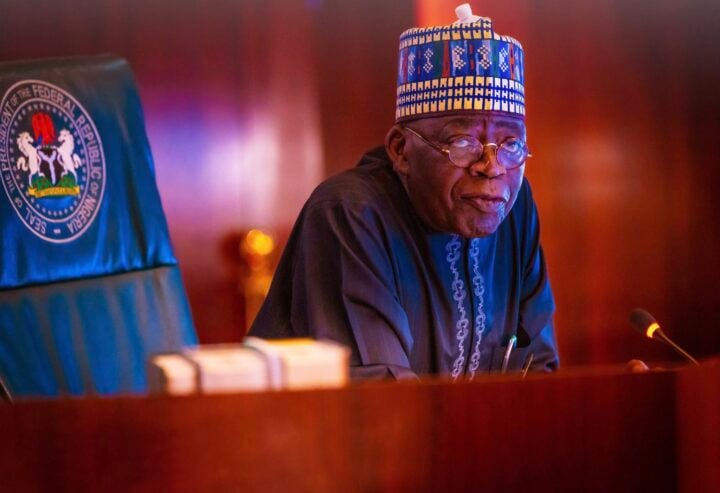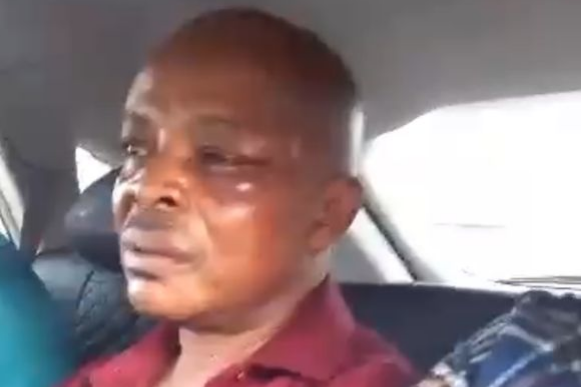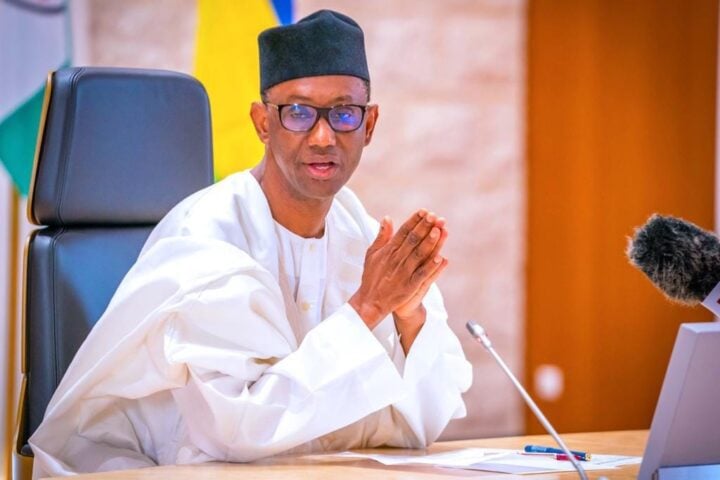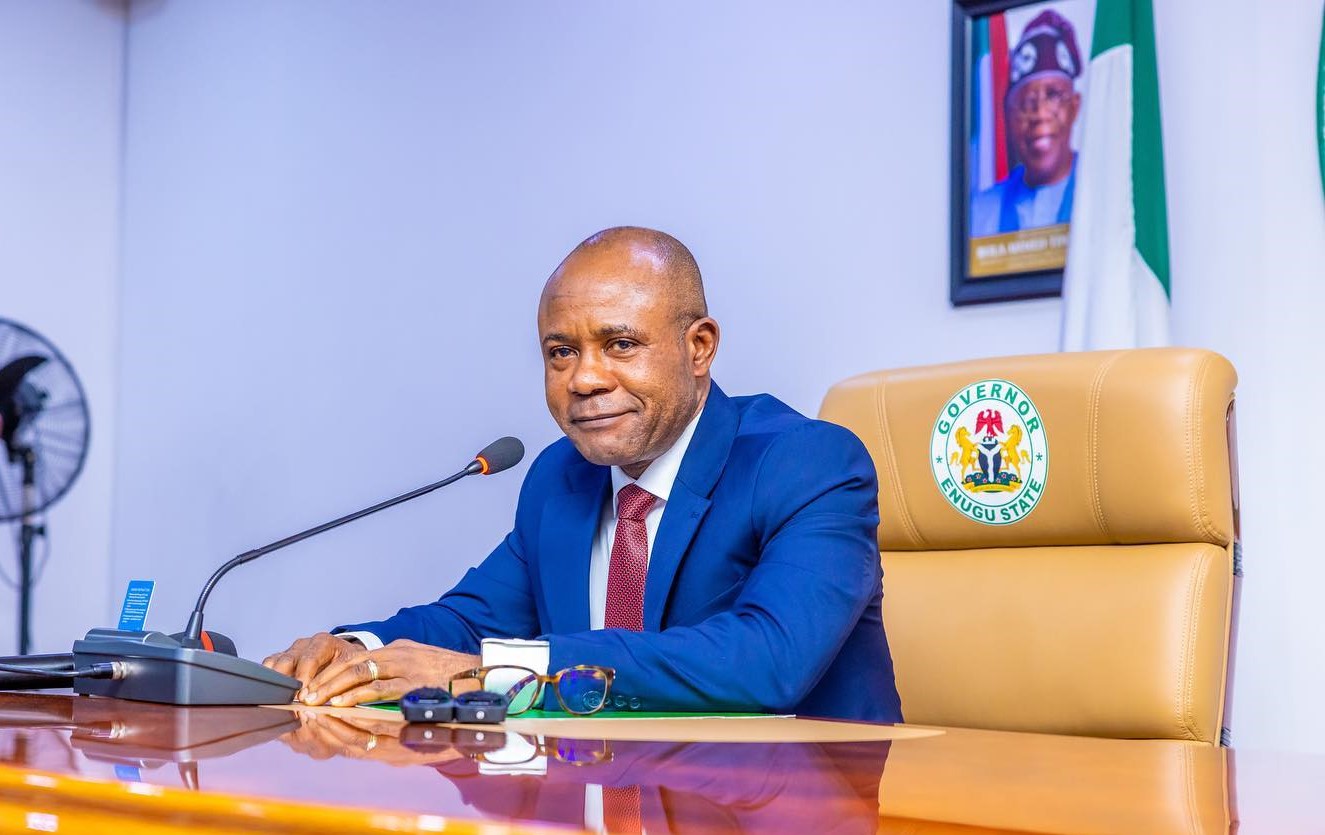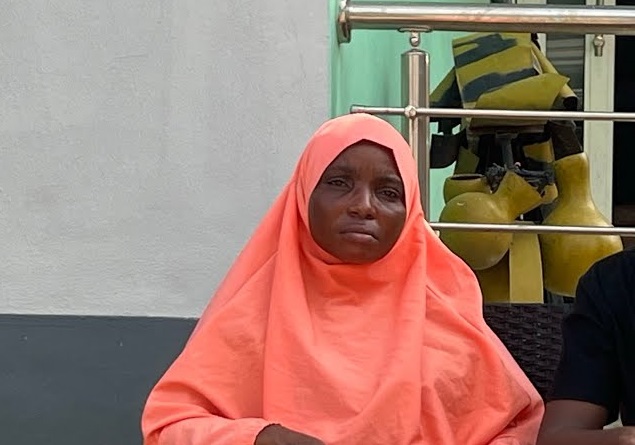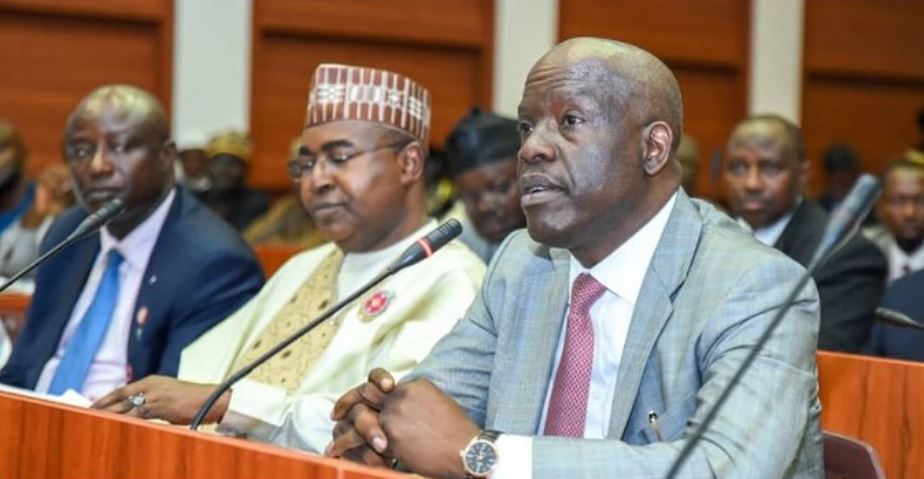President Bola Tinubu
Mat Whatley, a former security chief for the European Union Election
Observation Mission (EUEOM) in Abuja, says the spread of disinformation on the identity of President Bola Tinubu is dangerous to Nigeria’s democracy.
In an opinion article published in the Chicago Tribune, Whatley compared the controversy about Tinubu’s identity to what former US President Barack Obama faced in the build-up to the 2008 elections.
The former service chief said the “forgery claims” against Tinubu dominated the social media despite the position of the BBC disinformation team.
In October, the BBC disinformation team published a report stating that the Chicago State University (CSU) academic certificates of Tinubu submitted to the Independent National Electoral Commission (INEC) for the 2023 election were not forged.
Advertisement
Whatley said even after CSU’s confirmation that Tinubu graduated from the university, the public discourse is still filled with “falsehood”.
The former security chief added that “siphoning legitimacy” from democratic leaders can make it easy for military leaders to seize power.
“Spreading disinformation over a president’s legitimacy does the opposite. In West Africa, this is dangerous. Men in fatigues have been relieving civilian rulers of their duties,” he wrote.
Advertisement
“In the summer, Niger became the latest in the region to suffer a military coup, joining Mali, Guinea and Burkina Faso.
“Siphoning legitimacy from democratic leaders can only help clear the path
for such seizures.
“If citizens believe their civilian president has illegitimately snatched power, then the replacement need not come through constitutional means.
“Were this to happen in Nigeria, with an economy larger than the rest of the region combined, the ramifications would be devastating.”
Advertisement
Recently, Atiku Abubakar, presidential candidate of the Peoples Democratic Party (PDP) in the last election, approached the US court for the northern district of Illinois to compel CSU to release Tinubu’s academic records.
The request was approved by the US court but the Nigeria’s supreme court did not accept the documents as evidence against the president.
Add a comment
